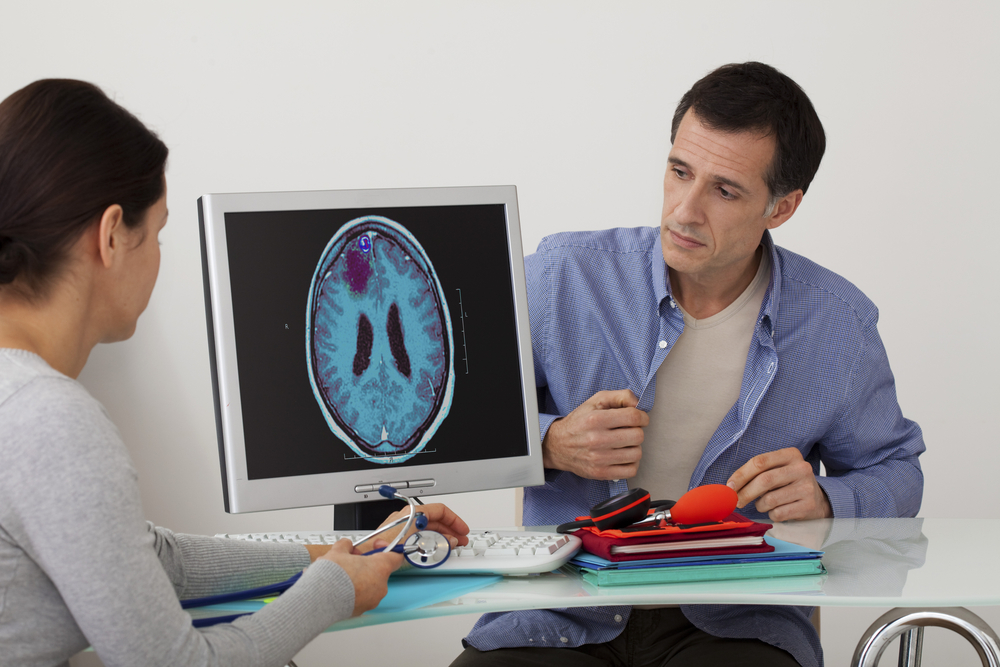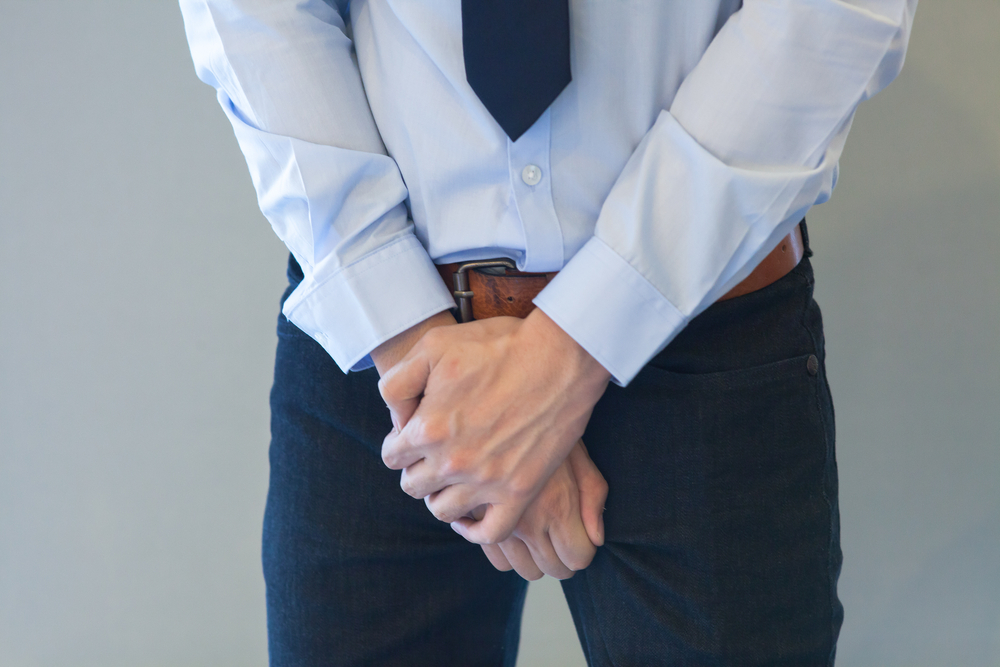Contents:
- Medical Video: 11 Secrets to Memorize Things Quicker Than Others
- Why does time pass quickly when you grow up?
- 1. The body's biological clock changes
- 2. Getting more familiar with the environment
Medical Video: 11 Secrets to Memorize Things Quicker Than Others
"Wow, today is Monday again, huh? Fast time passes! "You must have experienced moments like this. Without feeling the time of the day, a week, a month, until a year passed just like that. Even though it seems like the last time I saw the calendar, yesterday was still Wednesday or Thursday.
Whereas when you were a child, time actually felt very slow. You look forward to the time for school holidays. Even when there is a plan to tour religion with school friends, you feel that the day will not arrive too.
However, as you get older, you feel that time is fleeting. How can this phenomenon occur? Check out the answer below!
Why does time pass quickly when you grow up?
Basically, the course of time will remain the same no matter what happens. It's just that humans have a special way to feel time. The experts found two powerful theories that could explain why time flies with increasing age. This is the second explanation of his theory.
1. The body's biological clock changes
You have your own system so that all bodily functions run well, even without your need to control. For example breathing, heart rate, and blood flow. All of these systems are regulated by biological clocks. The biological clock itself is the control center in the brain, precisely by the suprachiasmatic nerve (SCN).
In children's biological clocks, there is more physical activity that lasts for a certain period of time. A number of studies have found that in a minute for example, children show more heart rates and more breaths than adults. The more you get older, the more physical activity that takes place within a minute.
Because the biological clock of an adult is more relaxed, you also feel the time flies away. For example, in a minute the heart of a child beats 150 times. Whereas in a minute the heart of an adult may beat only 75 times. This means that adults need two minutes to reach the same number of heartbeats as your childhood. So, even though the time has been running for two minutes, your brain thinks it's still one minute because you only needed a minute to reach 150 heartbeats.
2. Getting more familiar with the environment
The second theory relates to memory and how the brain processes information received. As a child, the world was a very interesting and full of new experiences. You are thirsty to absorb a variety of information that was unthinkable before. Life seems unpredictable and you are free to do anything.
This certainly changes when you reach adulthood. The world is predictable and no longer offers new experiences. Everyday you also live in the routine as usual from getting up in the morning to sleeping at night. You know if you have to go to school, look for work, maybe you will build a family, and finally retire. In addition, the various information received is no longer surprising because you have learned a lot. For example, you know that cloudy means you want to rain.
When receiving stimuli (information) by learning new things, the brain will process harder to understand and store them in memory. This process certainly takes time and effort. So, as if time is spinning longer you are small and receive many new stimuli. While entering the age of 20, you rarely receive stimuli so you feel the time is fleeting.












